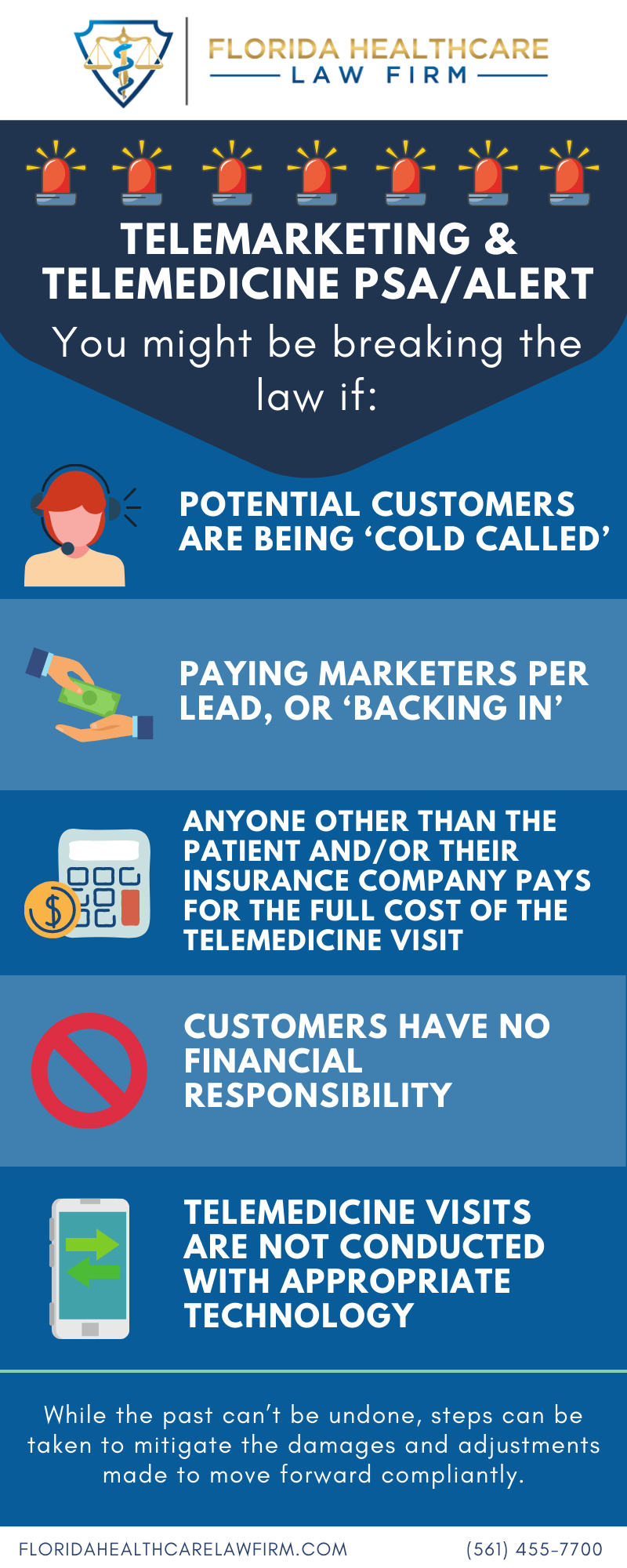 Regulatory compliance audits can help you head off lawsuits before they get started. Learn how to set a schedule based on your organization’s unique risks and benefits, and let trained legal counsel help you.
Regulatory compliance audits can help you head off lawsuits before they get started. Learn how to set a schedule based on your organization’s unique risks and benefits, and let trained legal counsel help you.
As a healthcare executive, it’s your job to craft policies that protect your patients, your staff, and your community. Regulatory compliance audits help you do your work effectively. But if you dread them, you’re not alone.
It’s not uncommon for organizations to postpone and delay compliance work. No one likes the hassle. But a healthcare practice attorney could help you both set up an audit schedule and complete your tasks with ease.
When Is a Regulatory Compliance Audit Required?
Every healthcare organization faces a unique set of compliance risks. It’s critical for you to understand your environment intimately and design your audit schedule accordingly.
Typically, regulatory compliance audits are performed:
- On a schedule. If your organization is large and includes plenty of service lines, you’ll need to assess risks more frequently than a smaller, targeted organization.
- After an issue is detected. Some healthcare legislation requires proof that you’ve learned from your mistakes. If a compliance problem appears, an audit can help you determine how it happened and what you can do to prevent the next issue.
- After hefty staff turnover. Everyone on your team must understand how the rules work and why they are important. That’s not always easy for health professionals. Attorney support can be critical.
Your schedule may change as your organization grows or shrinks. And you may need more audits one year than another. Flexibility is critical.
Why Do Healthcare Practice Attorneys Perform Audits?
If you’re a do-it-yourself executive, the thought of hiring someone to help you achieve compliance may seem unusual or strange. But the benefits are both real and plentiful.
A healthcare practice attorney can offer you:
- Confidentiality. The information gleaned during the process remains between the two of you, and it’s protected from disclosure.
- Expertise. The rules and regulations you must follow can be hard to both read and understand. Healthcare practice attorneys specialize in these sorts of documents, and they can explain them to you quickly and carefully.
- Impartiality. It’s easy to make excuses for your employees (and yourself). Professionals can look over your records dispassionately, so you can make smart decisions.
At Florida Healthcare Law Firm, we specialize in regulatory compliance audits. Our healthcare practice attorneys can walk you through the laws and help you stay on the right side of the law. Contact us to find out more about how these audits work and how you can get started.



 By:
By: 
 By:
By:  By:
By: 


 By:
By: 
 By:
By: 
